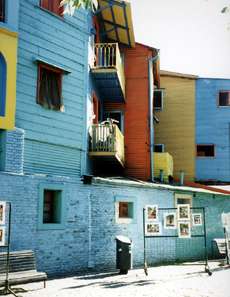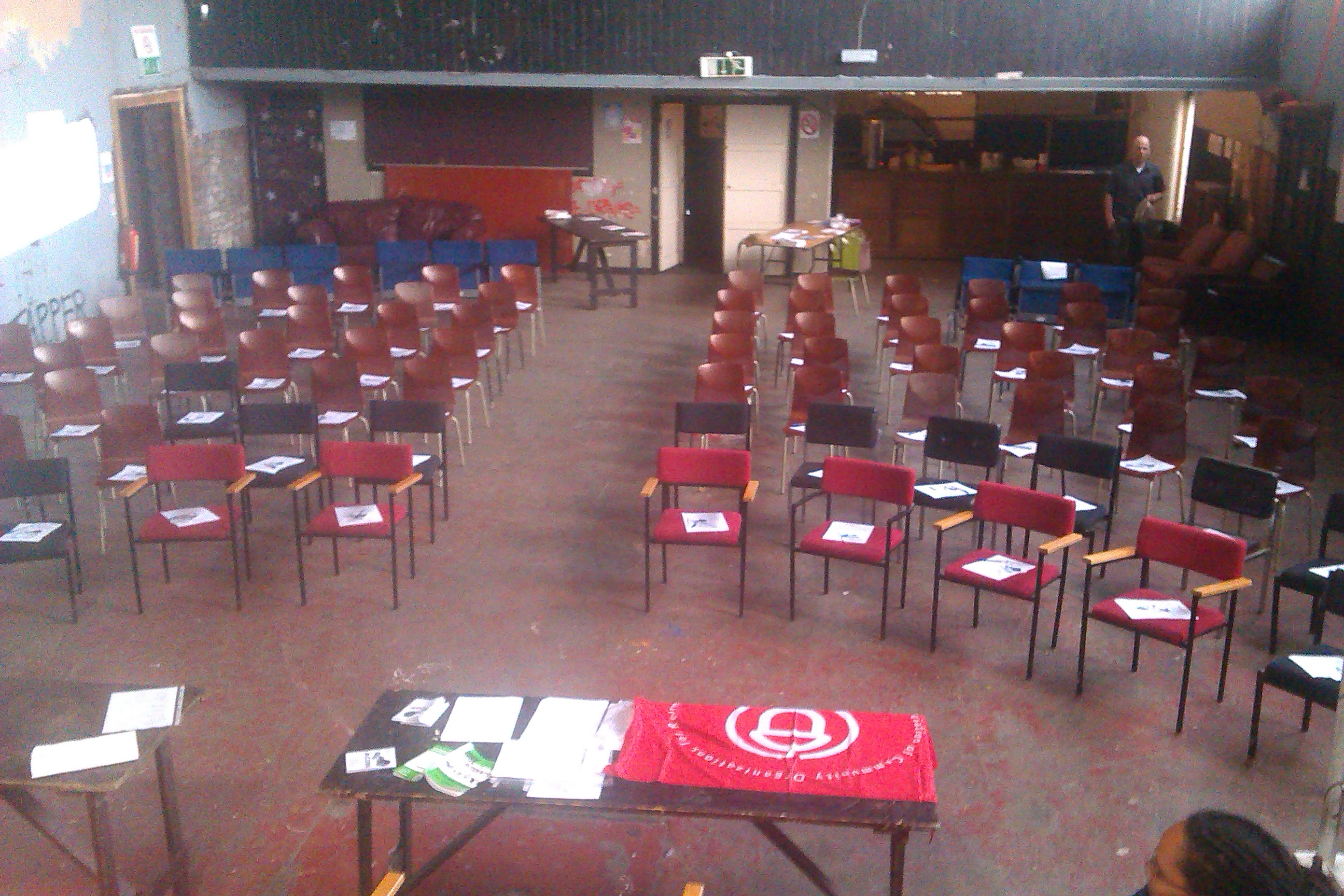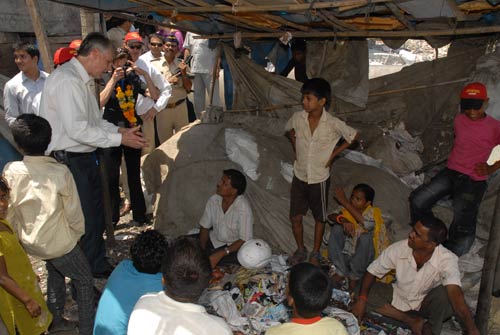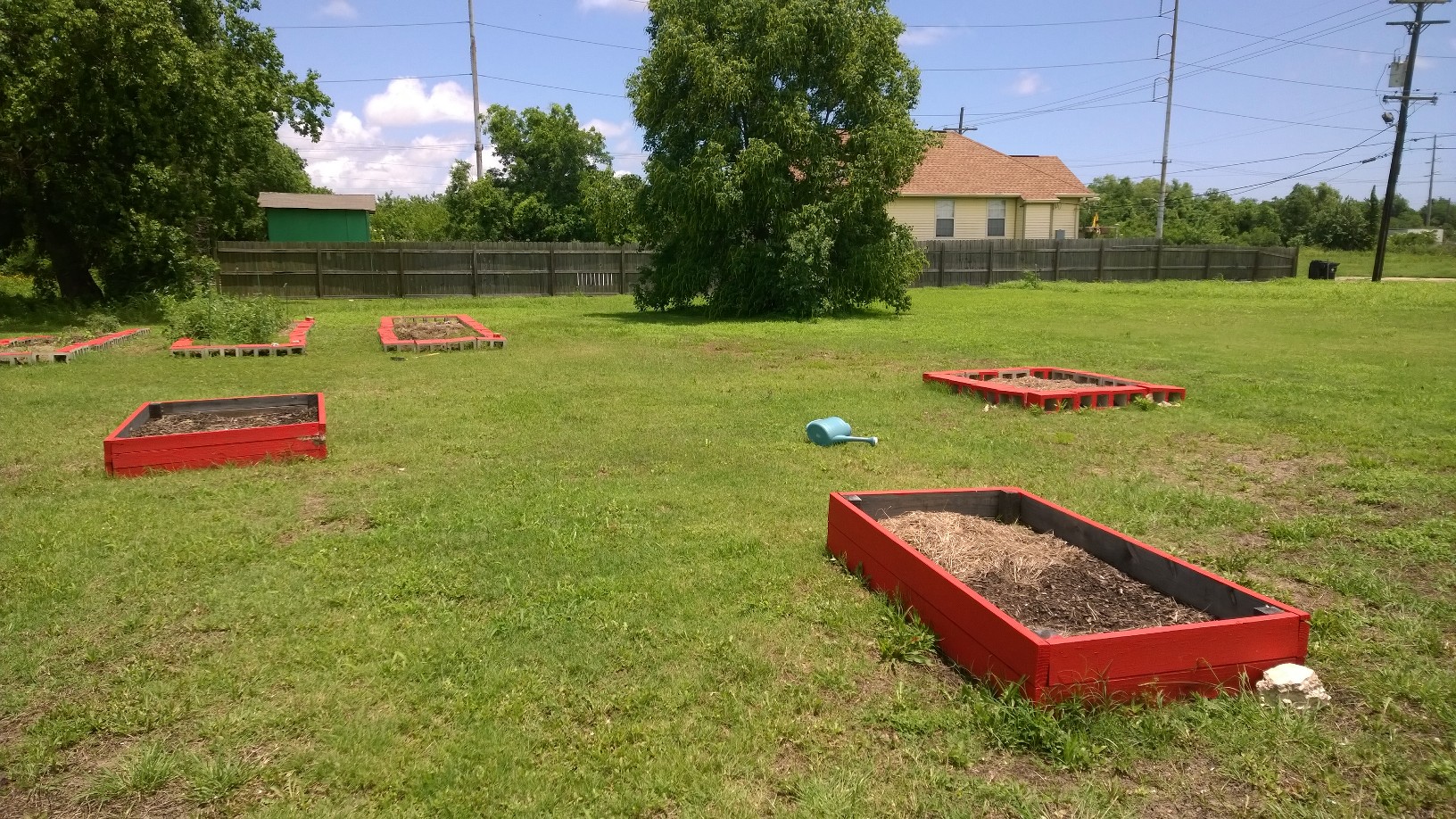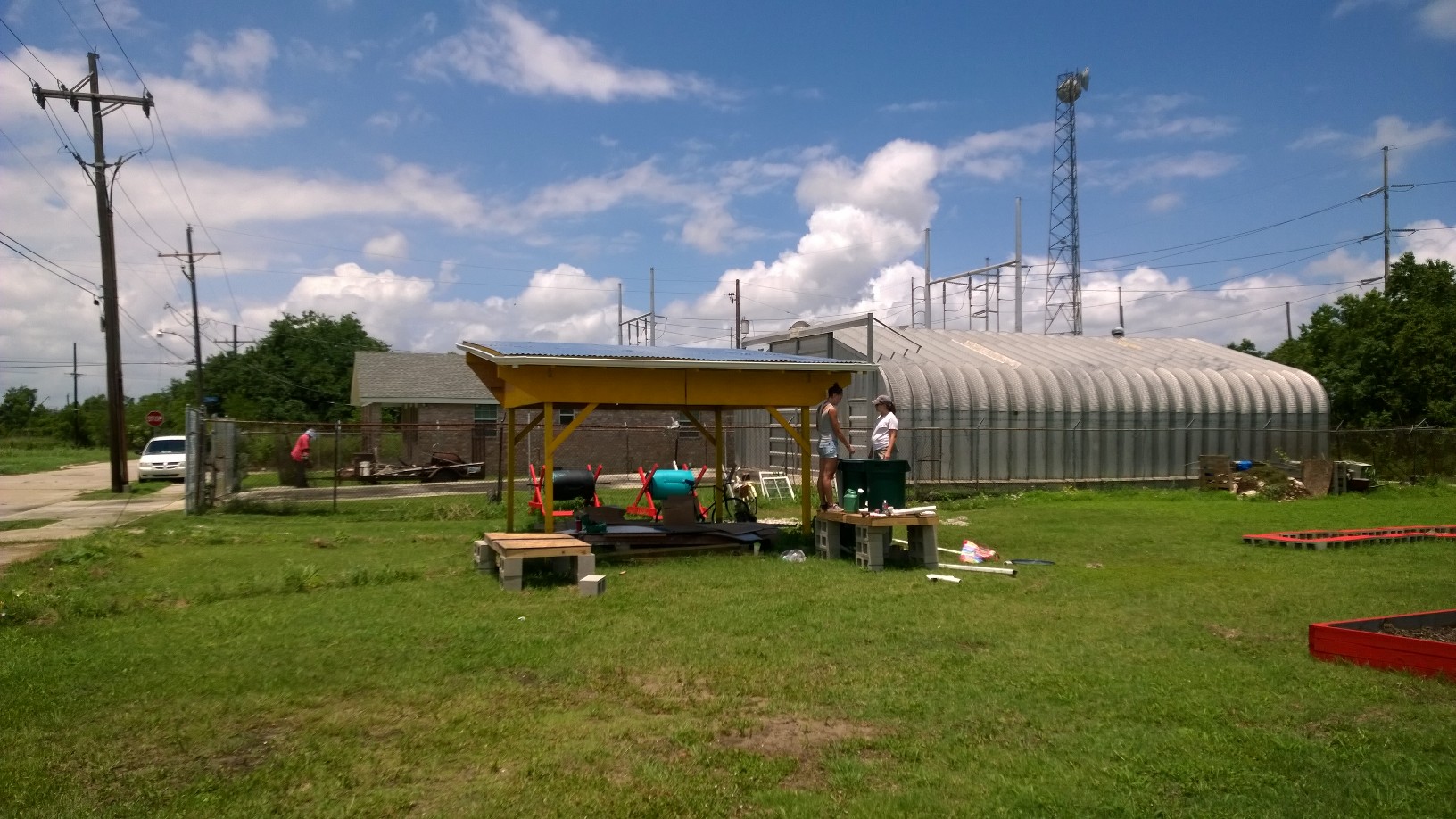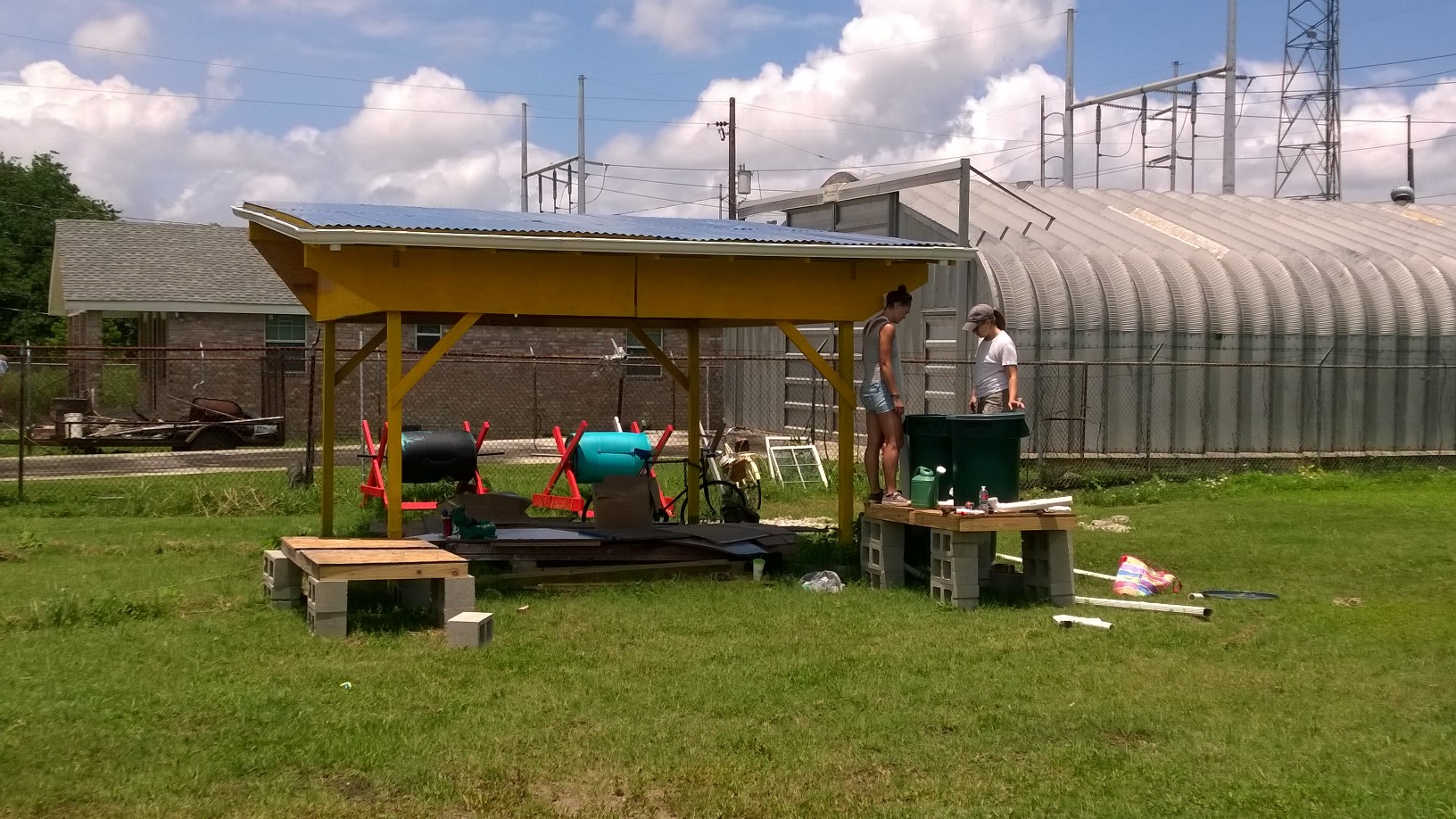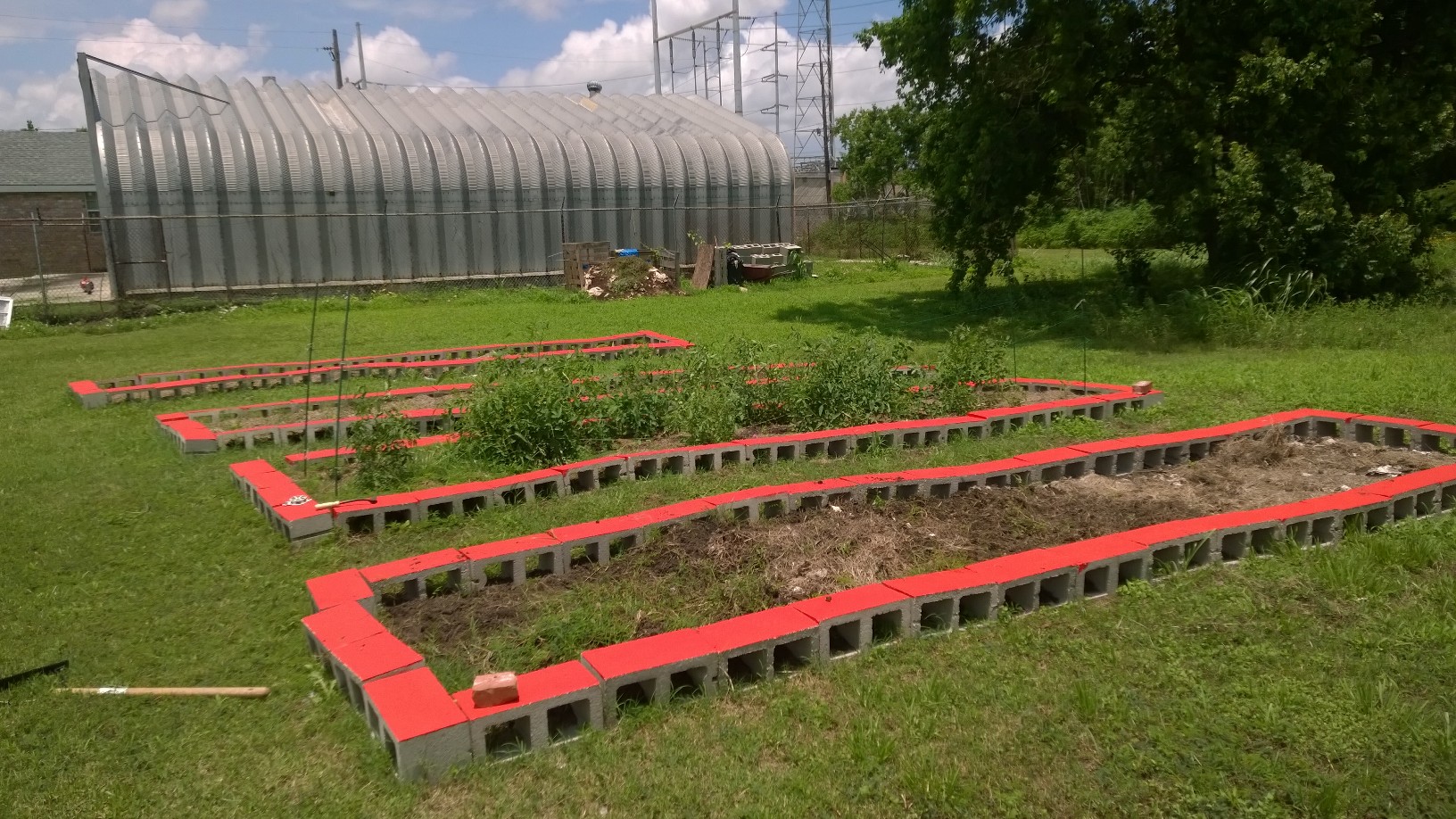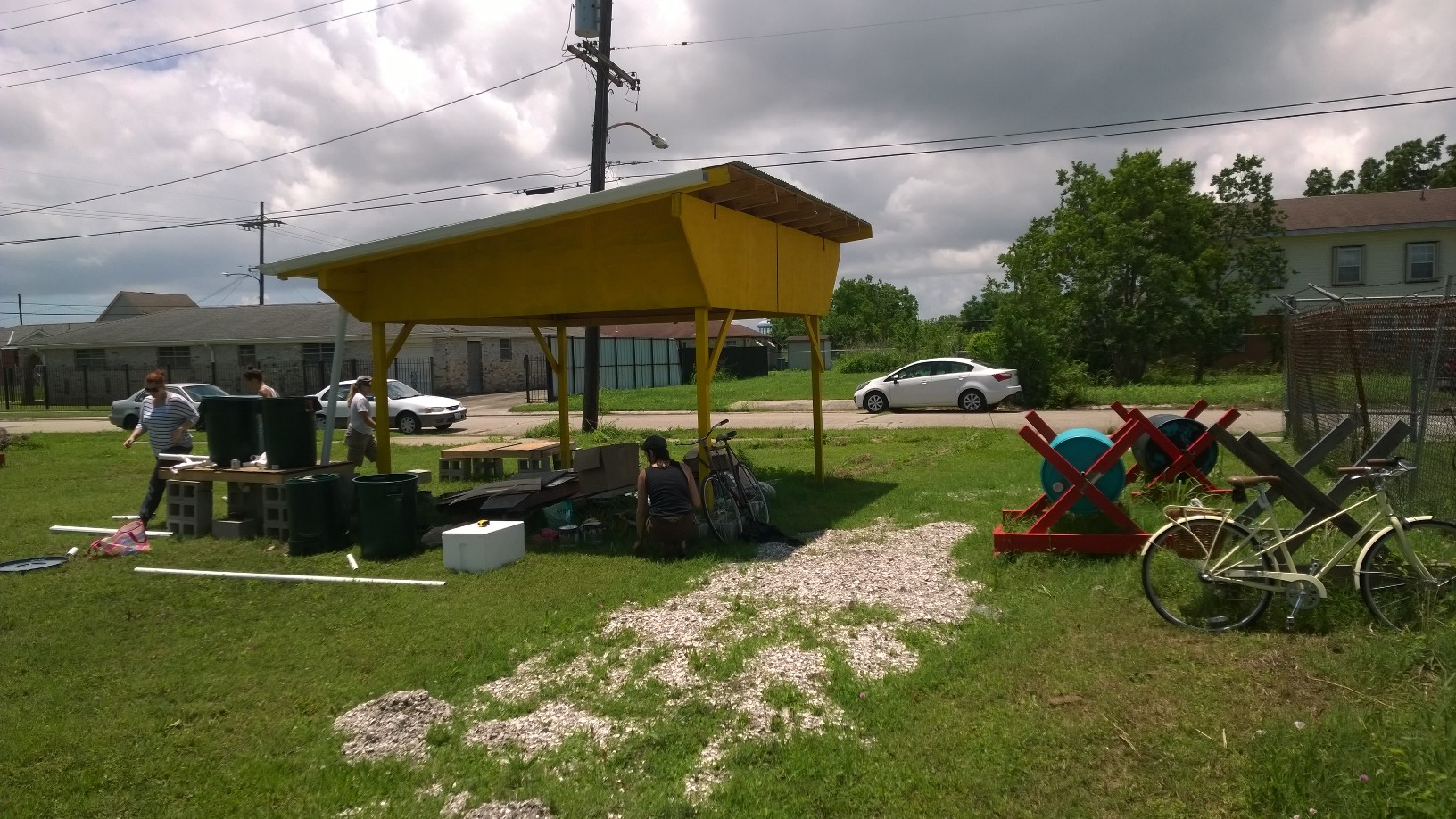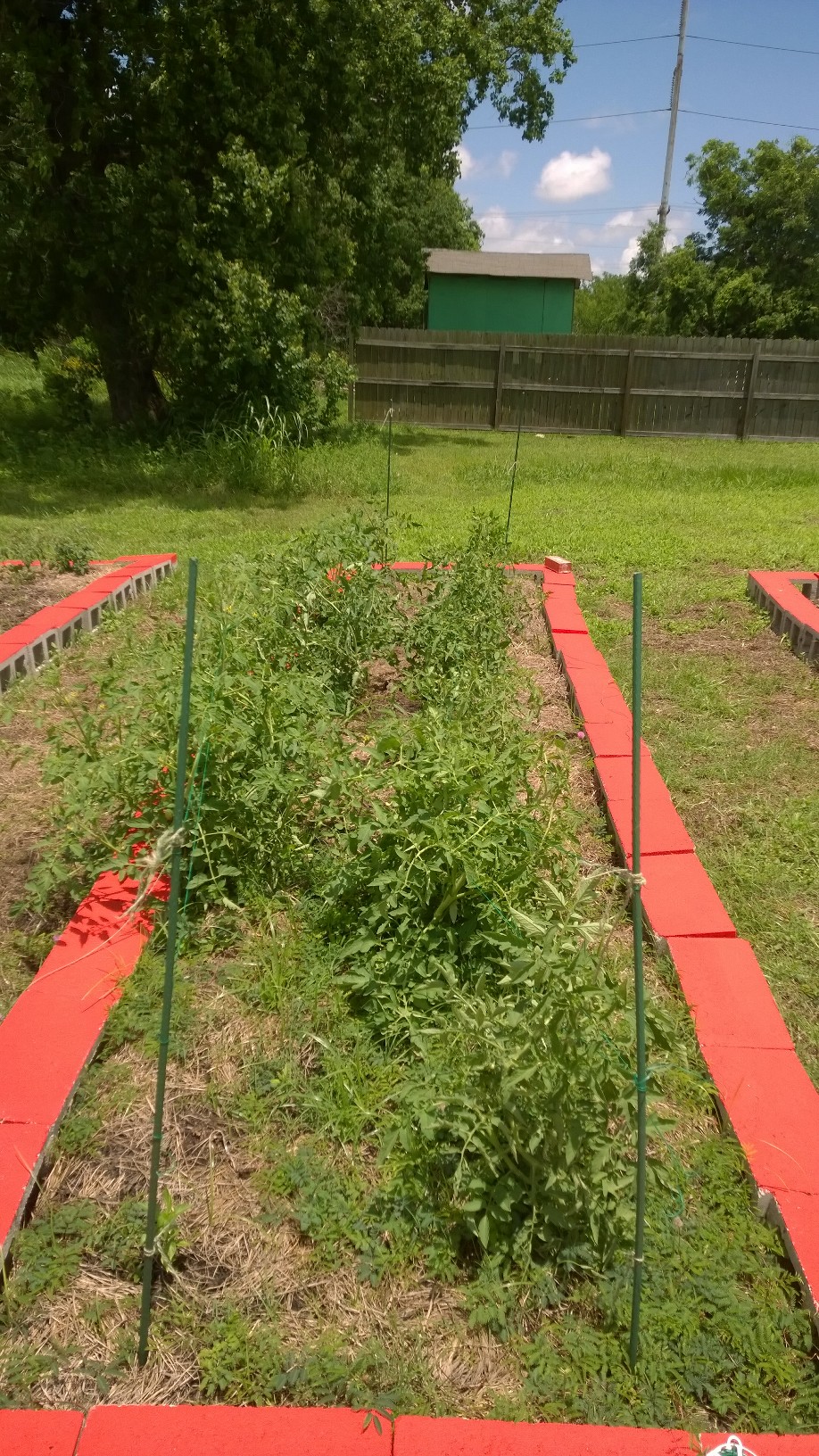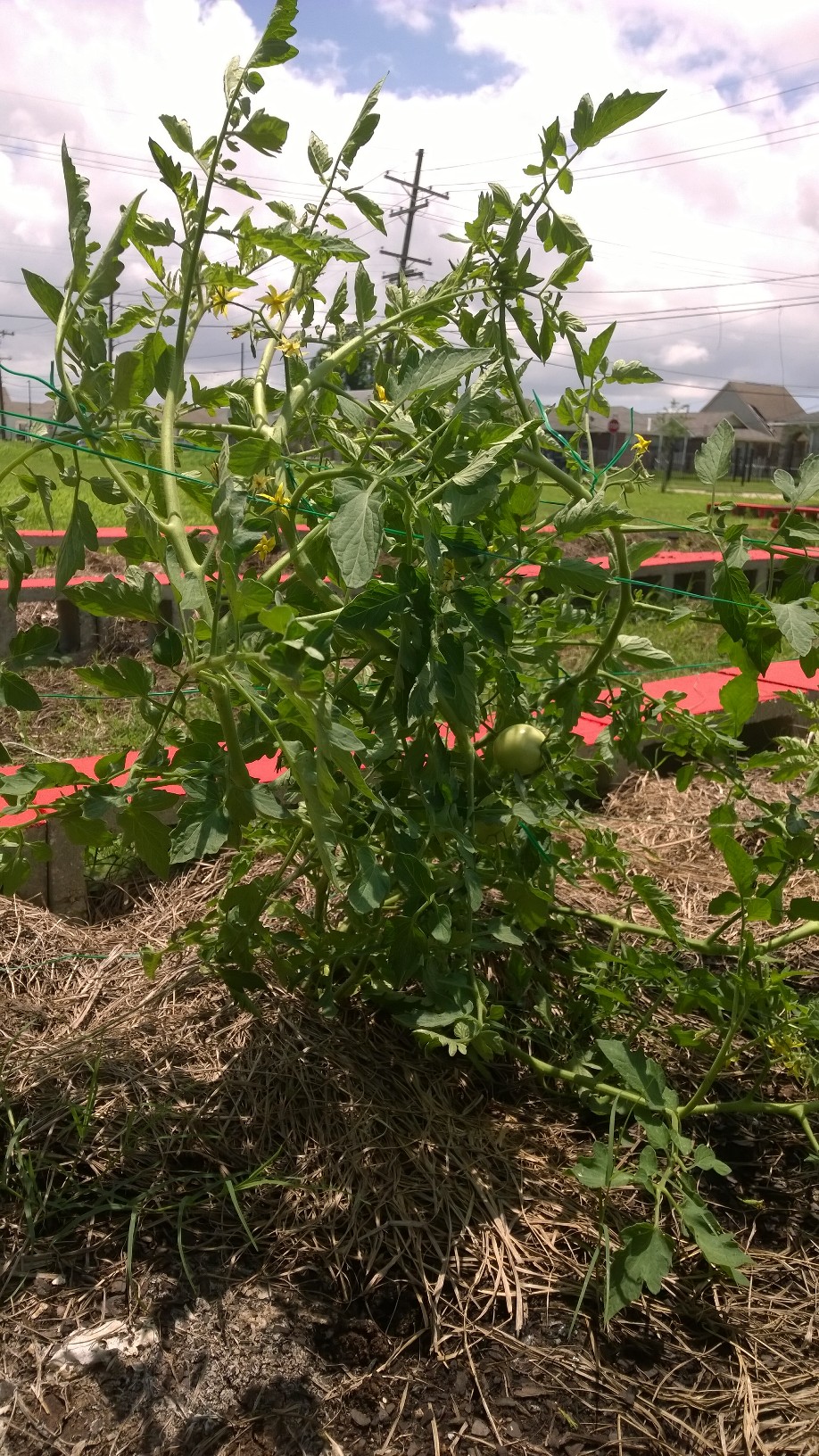Your cart is currently empty!
Category: News Main
-
Report from ACORN Honduras
Powerpont report from ACORN Honduras.
-
April Report
REPORTE DE TRABAJO ACORN SAN PEDRO SULA
MES DE ABRIL DEL 2014
RESPONSABLE SUYAPA AMADOR GUZMAN

Otras actividades realizadas en ACORN SAN PEDRO SULA mes de Abril, se participo en un foro sobre PROBLEMÁTICA DE AMBIENTE Y AGUAS DE SAN PEDRO SULA, que facilito el CONAGUA, un organismo del Estado de Honduras para integrar a las comunidades a que tomen acción sobre la contaminación del agua en el Norte de Honduras, se ha hecho contacto con organizaciones que han trabajado el problema del agua, para poder orgnaizar otras comunidades nuevas con relación al AGUA, se inicia ese mes de mayo la organización de bordos y 10 colonias nuevas de San Pedro Sula a 1500 familias organizadas nuevas membresías.
Se ha participado en la reunión de Municipalidad de San Pedro Sula, para defender el derecho a viviendas dignas de los miembros que viven en los Bordos de la Ciudad que los van a quitar de esos lugares y entrgaran viviendas de interés social, 2 reuniones en la Municipalidad.
Entrenamiento de un organizador comunitario, Carlos Alfredo Bogran, que es Nacionalidad Hondureña y Nicaraguense, que ha vivido en Nicaragua y trabajado en el periodismo, tiene especialidad de periodista y conoce la situación social, política y económica Nicaragua, vive en Nicaragua y el Paraiso frontera con Honduras y Nicaragua, actualmente esta viviendo en San Pedro Sula, hemos realizado una colaboración para que se entrene el el modelo de organizar comunidades de pocos ingresos aquí en San Pedro Sula y colabore y de forma voluntaria de trabajo en las comunidades si es posible entrenarlo completamente será buen candidato para organizar comunidades en Nicaragua esta interesado y comprometido.
Gracias por su atención al informe. Se incluyen fotos del trabajo realizado.
-

ACORN Ecuador Report
Quito, abril 04 del 2014Hola Marcos:
C.C. Wade Rathke
Presente.-Les saludo afectuosamente, deseándoles muchos éxitos en toda vuestra labor del día a día.
Debo informarles que en este mes hemos continuado reuniéndonos con los moradores del barrio para tratar asuntos que tienen que ver con el adelanto y progreso de la comunidad, hemos tenido dos mingas y una reunión, esto a pesar de que tenemos que seguir esperando hasta el mes de mayo en donde se posesionará la nueva autoridad municipal y poder reclamar alguna obra.
Las quejas y solicitudes se han mantenido y las hemos manifestado al personero del Municipio, en viarias reuniones que llegamos a tener, pero no se puede exigir mucho ya nos piden por los menos poder legalizar la directiva.
La documentación en lo que tiene que ver a Actas y Oficios ya lo hice, pero aun faltan algunas firmas de directivos y socios. En la última minga el Municipio nos proporcionó un tractor y una volqueta para limpiar la maleza que existía en la calle principal, así mismo se logró que se cambien algunas luminarias de los postes de esa calle
Como manifesté anteriormente no podemos exigir mucho por cuanto no estamos legalizados, pero soy optimista y espero que en los próximos meses podamos realizarlo.
En la última reunión que tuvimos por skype me habían solicitado que les enviara los pasos a seguir para la Legalización del barrio y son los siguientes:
1.- Socio Organizativo (Esto tiene que ver con la elección y legalización de la directiva barrial, y así mismo que puedan reunirse con cierta frecuencia)
” En esto hemos estado trabajando, no ha sido tan fácil ya que notodos están dispuestos a colaborar”. Los requisitos para el registro de la nueva directiva son:
1.- Solicitud dirigida a la Sra. Ministra de Inclusión Económica y Social(MIES)
2.- Convocatoria a la Asamblea General con los siguientes datos:
2.1. Fecha emisión de la Convocatoria
2.2. Señalamiento del día, lugar y hora de realización de la Asamblea General.
2.3. Orden del día, dentro del cual deberá constar el de elección de la Directiva.
2.4. Firma y rúbrica del representante legal o de la persona que esté facultada estatutariamente para convocar, la misma que deberá estar en funciones a la fecha de la convocatoria
Para los casos de Autoconvocatoria, además de los requisitos indicados, esta deberá estar firmada por el número de socios que estatutariamente pueda convocar.
3.- Acta de la Asamblea General que deberá contener al menos las siguiente información:
3.1. Señalamiento de día, lugar y hora de la instalación y realización de la Asamblea General.
3.2. Desarrollo de los puntos del Orden del Día.
3.3. Procedimiento Estatutario Aplicado para la elección del Directorio.
3.4. Cuadro Directivo elegido con apego a las Disposciones estatutarias respectivas.
3.5. Al pie del Acta deberá estar firmada por los socios debidamente registrados en el MIES que asistieron a la Asamblea. Si fuese necesario se anexarán hojas adicionales que deberán estar certificadas por el Secretario Electo de la Organización.
Esta documentación deberá ser entregada en una carpeta (EN EL ORDEN INDICADO) y debidamente foliada (enumerada)
2.- Jurídico: (Tiene que ver con la legalización de todos los lotes) Juicios y poseción efectiva.
3.- Informe Jurídico (Tiene que ver con la zonificación y riesgos)
Como podrán darse cuenta este proceso es un poco largo y complicado y estoy aprendiendo también.
Bueno, quisiera darles más detalles pero estoy tratando de hacerlo lo mas sencillo posible, espero que sea de vuestro completo agrado.
Me despido no sin antes reiterarles mis sentimientos de consideración y estima.
Un abrazo,
Marlene Castro
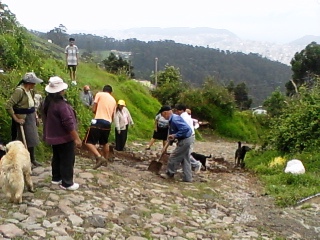
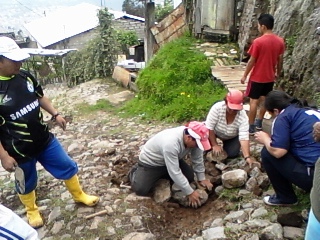
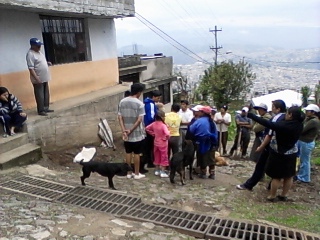
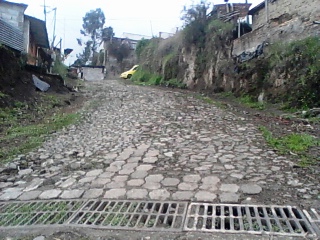
-
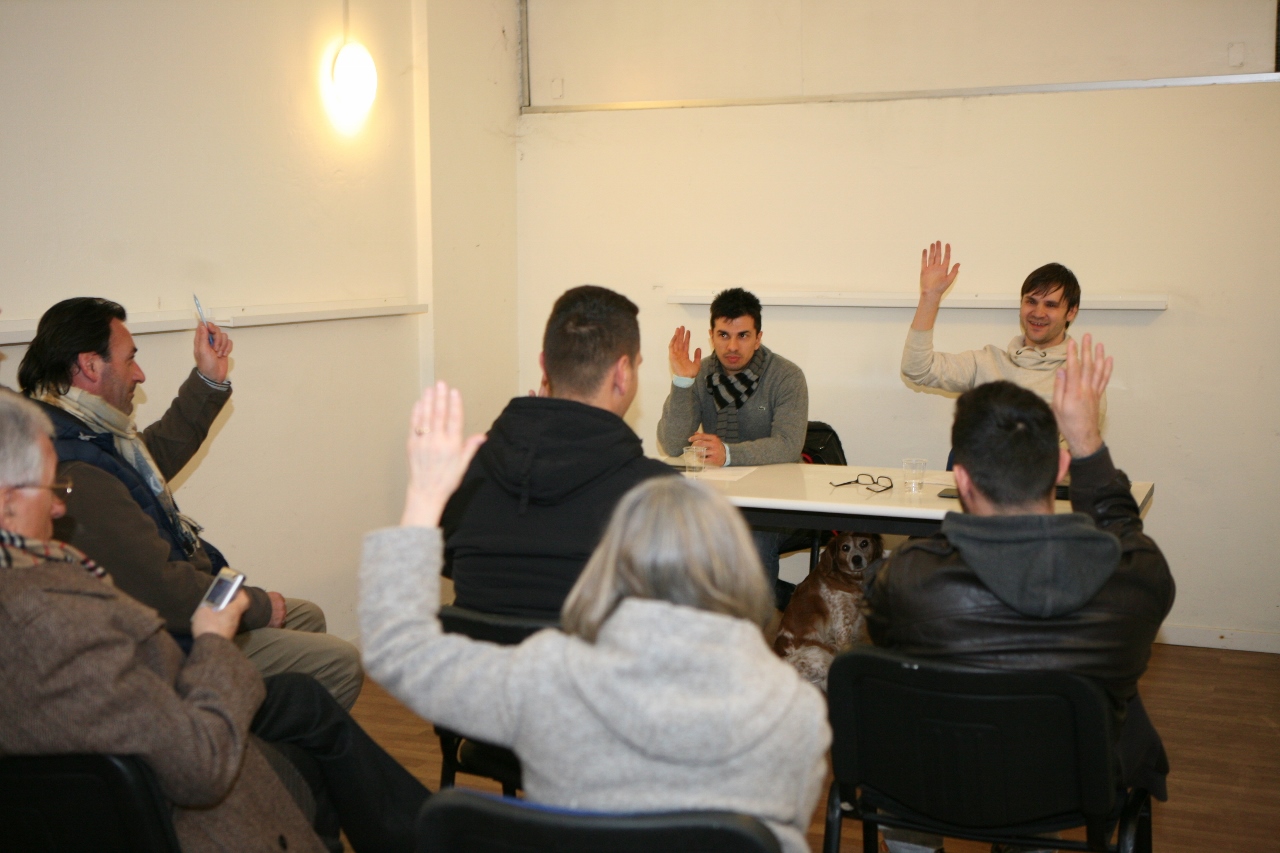
Seconda Assemblea Nazionale di ACORN Italy – resoconto

Carissima comunità,
lo scorso giovedì 27 febbraio 2014 s’è tenuta la Seconda Assemblea Nazionale di ACORN Italy, nella nostra sede nazionale di Piazza dell’Ateneo Salesiano, 77 a Roma.
Nell’incontro, aperto a tutti, dopo che il Presidente nazionale ha esposto la sua relazione e ha reso la carica di Vicepresidente vacante ai sensi dell’Articolo 23 dello Statuto, sempre ai sensi dello Statuto ha proposto venisse eletto un Consiglio Direttivo.
La proposta è stata (nel rispetto dell’Articolo 17 che prevede un massimo di 10 membri, cfr. Statuto qui: http://goo.gl/fdXOjl) per un direttivo snello, di 5 membri ridotti poi ulteriormente a 4, con l’intenzione di dimostrare coesione e limitare un’eccessiva elargizione di cariche in un periodo del Paese che richiede a tutti responsabilità.
Poi, oltre a venir tracciato un resoconto delle attività del passato 2013 tra cui la nostra battaglia in Parlamento a difesa del diritto dell’abitare di tutti noi, con relativo successo nella Legge di Stabilità dello scorso 23 dicembre, si è approvato il bilancio all’unanimità e sempre all’unanimità è stato eletto il nuovo Consiglio Direttivo, confermando tra l’altro David Tozzo alla carica di Presidente e Francesco Nisi a quella di Segretario-Tesoriere.(nella foto, un momento delle votazioni)

Il Segretario-Tesoriere, oltre a presentare il bilancio, ha tracciato una panoramica sulla matrice dell’Associazione e ha spiegato come, tra gli altri campi, ACORN Italy tenda a fare attivismo anche nelle massime sedi istituzionali come il Parlamento, presentando proposte di legge volte al contrasto dell’evasione fiscale.
La presidenza, infine, ha invitato gli associati presenti (e non) a proporre, anche nell’immediato futuro, nuove iniziative e prossime campagne da mettere in atto, nell’ambito – come sempre – della massima democrazia, collegialtà, reciproco ascolto & unità d’intenti. ASSIEME, insomma, come da nuovo motto delle nostre tessere 2014-2015 (guarda qui: http://goo.gl/LvsgV8) che sono state presentate ufficialmente
Per altre foto dell’Assemblea: http://goo.gl/8WPyNP
-
ACORN Bristol Begins!
After 7 hours with our first organizing committee introduction with leadership and organizer training workshop at the Easton Community Centre in Bristol, it’s fair to say that we’re on our way and off to a great start. People were both serious and excited, and hunkered down to the tasks before them with another meeting in two weeks as the organizing committee membership expands. The first 10 members have now joined at 5 pounds per month and we’re on our way.
The day involved a deep discussion of the ACORN Model and how it might work in Easton as well as the chance to practice doorknocking and spend serious time doing some planning of potential issues in the neighborhood. Given the level of tenancy in Easton, not surprisingly one group worked on how they would construct a campaign to limit “letting” (leasing) agency fees from 150 pounds to get a flat and the other sketched out a campaign to deal with mold and health hazards in units where landlords were not making repairs and the dampness was causing asthma and respiratory problems. Very exciting stuff.
Easton has about 13000 people and is a polyglot area, once largely white working class, but now also Somalian, Indian, Pakistani, Afro-Caribbean, and more. Much more!
Pictures can speak thousands of words.
Here comes ACORN Bristol!
-
Parliament panel says FDI in retail may not benefit MSMEs
http://www.business-standard.com/article/pti-stories/parliament-panel-says-fdi-in-retail-may-not-benefit-msmes-114021901190_1.html
Observing that FDI in multi-brand retail sector may not benefit Indian MSMEs, a Parliamentary panel has asked the MSME Ministry to commission a survey to gauge the impact of earlier FDI policies on the sector.
“The Committee is of the opinion that the FDI for retail may not have beneficial impact on the MSME sector,” Committee on impact of foreign direct investment (FDI) in multi-brand retail on MSME sector said in its report.
The committee suggested the MSME Ministry to commission a survey to assess the benefits and losses of previous FDI policies on the MSME sector to ascertain if FDI policy so far has created any back-end infrastructure, imparted skills to domestic manpower or upgraded managerial skills.
Highlighting that the government has not conducted any study on the impact of FDI since 1997, the Committee said the debate in Parliament reflects lack of consensus on the impact of FDI in various emerging economies and it was inaccurate to state that discussions generally indicated support for FDI.
The central government had permitted 51 per cent FDI in multi-brand retailing in September 2012, leaving its implementation to the states.
So far, only UK-based Tesco’s proposal to invest in the sector has been approved by the Centre.
The Committee is chaired by Member of Parliament in the Rajya Sabha K C Tyagi.
-
Street Vendors Bill
The upper house of the Indian Parliament passed the Street Vendors (Protection of Livelihood and Regulation of Street Vending) Bill, 2013. The bill was already passed by the lower house on 6th Sept. 2013. The bill aims at creating a conducive atmosphere where street vendors, are able to carry out their business in a fair and transparent manner, without the fear of harassment and eviction.
Main features of the Street Vendors (Protection of Livelihood and Regulation of Street Vending) Bill, 2013 are as follows:
The Provisions of the Bill are aimed at creating a conducive atmosphere where street vendors, are able to carry out their business in a fair and transparent manner, without the fear of harassment and eviction.
(i) The Bill provides for constitution of a Town Vending Authority in each Local Authority, which is the fulcrum of the Bill, for implementing the provisions of the Bill.
(ii) In order to ensure participatory decision making for aspects relating to street vending activities like determination of natural market, identification of vending zones, preparation of street vending plan, survey of street vendors etc. the TVC is required to have representation of officials and non-officials and street vendors, including women vendors with due representation from SC, ST, OBC, Minorities and persons with disabilities. It has been provided that 40% members of the TVC will be from amongst street vendors to be selected through election, of which one-third shall be women.
(iii) To avoid arbitrariness of authorities, the Bill provides for a survey of all existing street vendors, and subsequent survey at-least once in every five years, and issue of certificate of vending to all the street vendors identified in the survey, with preference to SC, ST, OBC, women, persons with disabilities, minorities etc.
(iv) All existing street vendors, identified in the survey, will be accommodated in the vending zones subject to a norm conforming to 2.5% of the population of the ward or zone or town or city.
(v) Where the number of street vendors identified are more than the holding capacity of the vending zone, the Town Vending Committee (TVC) is required to carry out a draw of lots for issuing the certificate of vending for that vending zone and the remaining persons will be accommodated in any adjoining vending zone to avoid relocation.
(vi) Those street vendors who have been issued a certificate of vending/license etc. before the commencement of this Act, they will be deemed to be a street vendor for that category and for the period for which he/she has been issued such certificate of vending/license.
(vii) It has been provided that no street vendor will be evicted until the survey has been completed and certificate of vending issued to the street vendors.
(viii) It has also been provided that in case a street vendor, to whom a certificate of vending is issued, dies or suffers from any permanent disability or is ill, one of his family member i.e. spouse or dependent child can vend in his place, till the validity of the certificate of vending.
(ix) Thus the mechanism is to provide universal coverage, by protecting the street vendors from harassment and promoting their livelihoods.
(x) Procedure for relocation, eviction and confiscation of goods has been specified and made street vendor friendly. It is proposed to provide for recommendation of the TVC, as a necessary condition for relocation being carried out by the local authority.
(xi) Relocation of street vendors should be exercised as a last resort. Accordingly, a set of principles to be followed for ‘relocation’ is proposed to be provided for in the second Schedule of the Bill, which states that (i) relocation should be avoided as far as possible, unless there is clear and urgent need for the land in question; (ii) affected vendors or their representatives shall be involved in planning and implementation of the rehabilitation project; (iii) affected vendors shall be relocated so as to improve their livelihoods and standards of living or at least to restore them, in real terms to pre-evicted levels (iv) natural markets where street vendors have conducted business for over fifty years shall be declared as heritage markets, and the street vendors in such markets shall not be relocated.
(xii) The Local authority is required to make out a plan once in every 5 years, on the recommendation of TVC, to promote a supportive environment and adequate space for urban street vendors to carry out their vocation. It specifically provides that declaration of no-vending zone shall be carried subject to the specified principles namely; any existing natural market, or an existing market as identified under the survey shall not be declared as a no-vending zone; declaration of no-vending zone shall be done in a manner which displaces the minimum percentage of street vendors; no zone will be declared as a no-vending zone till such time as the survey has not been carried out and the plan for street vending has not been formulated. Thus the Bill provides for enough safeguards to protect street vendors interests.
(xiii) The thrust of the Bill is on “natural market”, which has been defined under the Bill. The entire planning exercise has to ensure that the provision of space or area for street vending is reasonable and consistent with existing natural markets.Thus, natural locations where there is a constant congregation of buyers and sellers will be protected under the Bill.
(xiv) There is a provision for establishment of an independent dispute redressal mechanism under the chairmanship of retired judicial officers to maintain impartiality towards grievance redressal of street vendors.
(xv) The Bill provides for time period for release of seized goods, for both perishable and non-perishable goods. In case of non-perishable goods, the local authority is required to release the goods within two working days and incase of perishable goods, the goods shall be released the same day, of the claim being made.
(xvi) The Bill also provides for promotional measures to be undertaken by the Government, towards availability of credit, insurance and other welfare schemes of social security, capacity building programmes, research, education and training programme etc. for street vendors.
(xvii) Section 29 of the Bill provides for protection of street vendors from harassment by police and other authorities and provides for an overriding clause to ensure they carry on their business without the fear of harassment by the authorities under any other law.
(xviii) The Bill specifically provides that the Rules under the Bill have to be notified within one year of its commencement, and Scheme has to be notified within six months of its commencement to prevent delay in implementation.

